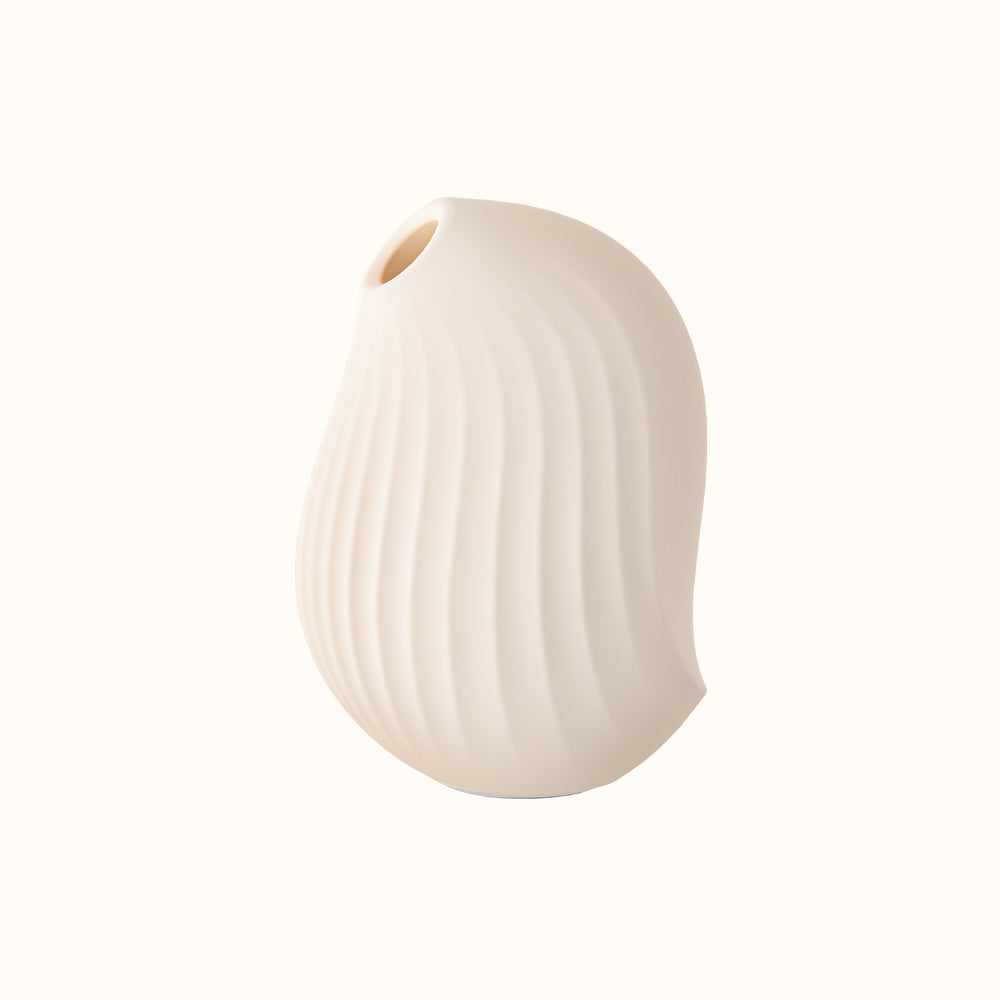Every May, the United States celebrates National Masturbation Month to promote a healthy attitude towards self-pleasure and break down the stigma surrounding masturbation. It’s a time to not only explore your body but also understand the numerous benefits of self-pleasure.
In this article, you’ll explore the history of Masturbation Month and find answers to common misconceptions. By understanding the benefits of self-pleasure and learning new techniques, you’ll be able to approach it with a more rational mindset. Tune in to your body’s needs and make your journey of self-exploration even more enjoyable.
When is National Masturbation Month?
Every May.
The Origins of National Masturbation Month
This event began in 1995, initiated by the San Francisco sex toy store Good Vibrations in response to the firing of then U.S. Surgeon General Joycelyn Elders, who had suggested that masturbation be included in sex education curricula. Elders had stated at the 1994 United Nations AIDS conference that masturbation was a natural part of human sexuality and should be discussed in sexual education. Her remarks sparked widespread controversy, eventually leading to her dismissal by President Bill Clinton.
To support Elders' viewpoint and advance sexual education, Good Vibrations declared May as "National Masturbation Month," aiming to promote open discussions about sexual health and highlight masturbation as a normal and healthy sexual activity. Over time, Masturbation Month has become a part of sex-positive culture, encouraging people to acknowledge their sexual needs, boost sexual confidence, and enhance self-identity.

Frequently Asked Questions
1. Does masturbation cause protein or testosterone loss?
Protein loss: Each ejaculation typically results in a loss of about 0.3–0.5 grams of protein. For someone with a normal diet, this is negligible and won’t affect health or muscle growth.
Testosterone levels: Research shows that masturbation does not cause a long-term drop in testosterone levels. While there may be temporary hormone fluctuations after masturbation, it doesn't have a negative impact on overall testosterone levels. A 2021 study suggested that masturbation may affect free testosterone levels, but it doesn’t alter the hormone ratio.
2. Does masturbation affect memory?
Moderate masturbation does not cause memory loss. On the contrary, it can release dopamine, which helps improve mood and cognitive function.

3. Is masturbation against god?
The Bible does not explicitly mention masturbation, so Christian views on it vary. Some denominations believe masturbation itself is not a sin unless it’s accompanied by lustful thoughts or addiction. Other religions, like Islam and Catholicism, may have stricter views, emphasizing that sexual activity should occur within marriage.
4. Does masturbation cause inflammation
Moderate masturbation does not cause inflammation. However, frequent or excessive masturbation might lead to mild discomfort or swelling in the genital area, which is usually temporary and not serious.
Read more about STIs (Sexually transmitted infections)
5. Is masturbation good or bad for health?
Masturbation is widely recognized as a normal and healthy form of sexual activity, and moderate masturbation not only does not harm the body, but also contributes to mental and physical health. According to Planned Parenthood, masturbation is good for mental and physical health and is a completely safe form of sexual behavior.
- Reducing stress and anxiety: Endorphins and oxytocin released during masturbation help relax the body and lower anxiety levels.
- Improving sleep quality: The relaxation after masturbation helps people fall asleep faster and enhances the quality of sleep.
- Boosting the immune system: Moderate masturbation can enhance immune function, helping the body fight illness.
- Lowering prostate cancer risk: A study found that men who ejaculated 21 times per month had a 31% lower risk of prostate cancer.
- Enhancing self-esteem and body acceptance: Masturbation allows people to understand their bodies better, boosting confidence and self-acceptance.

6. Is masturbation harmful?
While masturbation is safe for most people, excessive masturbation can lead to the following problems:
- Physical symptoms: Pain, redness, swelling, or skin damage in the genital area.
- Psychological effects: Feeling anxious, depressed, guilty, or using masturbation as the main coping mechanism for stress.
Therefore, moderation and self-control are key. If you find masturbation difficult to control or it’s interfering with your life, it's recommended to seek professional psychological counseling or medical help.
Read more how to make role play more fun

Masturbation Techniques and Tips
Exploring different masturbation techniques can enhance your sexual experience and explore new levels of enjoyment.:
- Mindful Masturbation: Focus on the sensations of the moment, avoid distractions, and slowly explore sensitive areas of your body, such as the neck and nipples.
- Try Different Positions and Techniques: Changing your position (standing, sitting, lying down) and varying your technique can offer new sensations and intensify pleasure.
- Use Lubricants and Sex Toys: A good lubricant can reduce friction, and sex toys like sucking vibrators and tapping vibrators can provide different forms of stimulation, enhancing the experience.
- Explore Prostate Stimulation: For men, the prostate is often referred to as the "male G-spot." Stimulating it can lead to intense pleasure.
Listen to your body, and explore new ways to connect with yourself.
By embracing National Masturbation Month, you can start to feel more comfortable and confident in your own body, helping you explore pleasure in a healthy, joyful way.




























































Lascia un commento